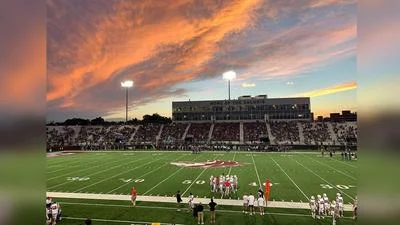As much as anyone, Williamson County Treasurer Brinson Venable believes taxes are too high in Illinois, but he also wonders how some towns and cities will survive if a property tax freeze is enacted.
“The fact is, frozen property taxes would mean having to do a lot of cost-cutting and belt-tightening in other areas,” Venable told the Southwest Illinois News. “That’s just the way things are set up.”
Venable speaks more out of concern than duty since one of his primary job responsibilities is collecting taxes and sending bills to local taxpayers.
“Taxes are a very delicate subject for everyone,” he said. “In Illinois, most would agree we all pay more than our fair share.”
Still, with jurisdictions as dependent on property tax revenue as they are, Venable argues that if the money isn’t collected that way, bureaucrats will have to find other ways of generating it.
Matt Donkin, the superintendent of Regional Office of Education No. 21, said school districts that are largely funded by property taxes have long been shortchanged, and those days need to end if crucial school programs are to continue.
Donkin said funding is more important than ever, and the ongoing budget impasse has only exacerbated the situation.
Meanwhile, the Illinois Policy Institute reports that residential property taxes now account for approximately 6.4 percent of a typical household’s income, compared with 3.6 percent in 1990.
The group's researchers warned, however, that property taxes would need to stay frozen for the next 28 years for Illinois residents’ burden to return to the levels of 1990.
"They continually press upon the taxing districts certain requirements,” Donkin told WSIL TV. “Yet, they tie their hands with a property tax freeze to implement those changes that they are requiring."
.jpeg)

 Alerts Sign-up
Alerts Sign-up